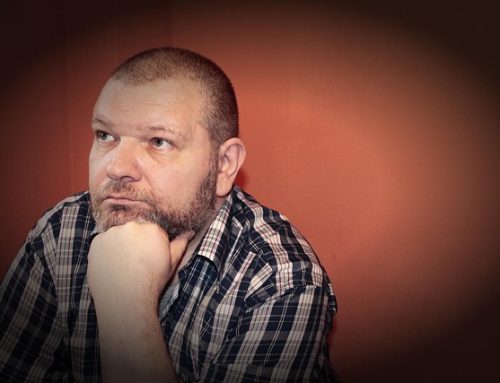
There are people seem to pick up skills and knowledge with ease, while others need more discipline and drive. Then there are those who display exceptional talents. These advantages aren’t spread equally – but that doesn’t mean they cannot be learned. According to Stanford psychologist Carol Dweck and her colleagues, adopting a ‘growth mindset’ can help anyone move closer to high achievement. Such a mindset hinges on the belief that abilities and talents can be developed through effort and learning.
Unlike a fixed mindset, which views abilities as innate and unchangeable, A growth mindset sees potential as malleable through effort, perseverance, and learning.
This openness fosters resilience in the face of challenges; setbacks are viewed as opportunities for growth rather than signs of failure. People with a growth mindset welcome feedback; they see it as a chance to improve, rather than a criticism of their abilities.
A growth mindset vs a fixed mindset
With a growth mindset, you cultivate a love for learning and exploration. You are more likely to step out of your comfort zone, to take risks, and seek opportunities for self-improvement.
On the other hand, a fixed mindset is the belief that your abilities, intelligence, and talents are set in stone. This ‘fixed’ attitude believes that you’re born with what you’ve got, and that effort won’t make much difference. People with this mindset often avoid challenges, give up quickly when things get tough. They are also inclined see others’ success as a threat rather than inspiration.
In the workplace, a growth mindset fosters innovation, collaboration, and adaptability, essential qualities in today’s fast-paced and ever-changing world. Ultimately, by embracing a growth mindset, individuals unlock their full potential, leading to greater fulfillment, resilience, and success in all aspects of life.
In this video, Carol Dweck explains the idea that we can grow our brain’s capacity to learn and to solve problems.
She describes why rewards for success are often counter-productive. Rather than win-lose marking, she says, it is better to acknowledged kids’ efforts and how they approach a problem. Not, whether or not they get it ‘right’.
Related Posts
Resources for Your Personal Growth Plan
Image courtesy of Freepik
Discover more from Barry Winbolt
Subscribe to get the latest posts sent to your email.
Related Posts
Discover more from Barry Winbolt
Subscribe to get the latest posts sent to your email.







